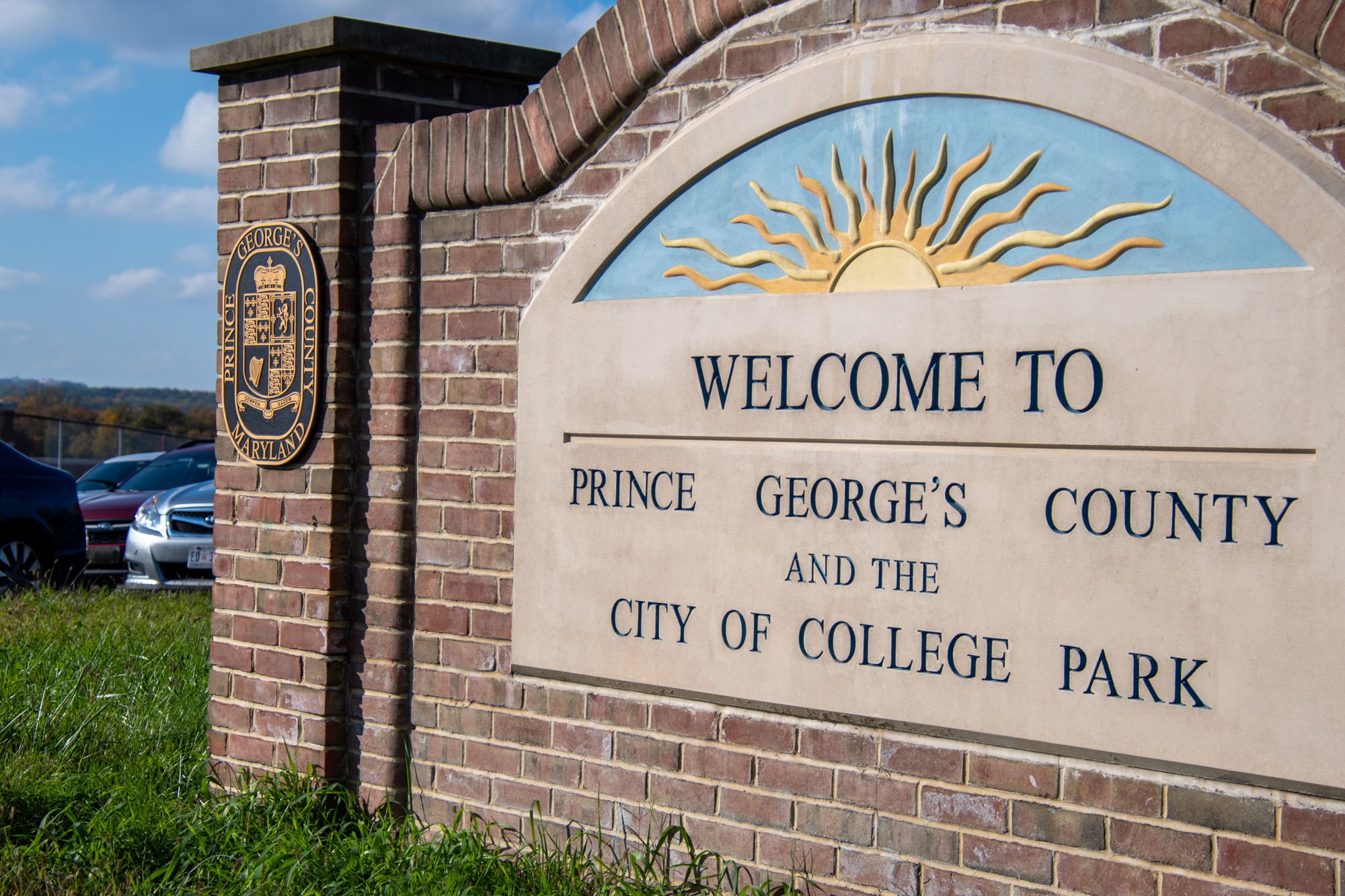Some Prince George’s County community members believe recently passed juvenile curfew legislation is simply a Band-Aid for a trend in large and disruptive youth gatherings.
Last month, the county council voted in favor of a bill that allows commercial property owners to request youth curfews around their businesses. The policy — which will be effective Aug. 9 — comes after County Executive Angela Alsobrooks implemented an emergency juvenile curfew at National Harbor that began April 26.
District 8 county council member Edward Burroughs proposed the new legislation ahead of the typical summer uptick in young people gathering in large groups at National Harbor and other business districts.
On April 20, 800 teenagers and children swarmed National Harbor — a popular commercial district — county police chief Malik Aziz said at a news conference. People in the group fought, smoked, shoplifted and confronted business owners and law enforcement, Aziz said.
“There was a big cry for intervention from the residents there and a lot of the businesses there,” Burroughs said.
This event mobilized local leaders to quickly respond. Alsobrooks’ executive order banned unsupervised minors younger than 17 from public places or businesses in National Harbor from 5 p.m. to 6 a.m. on Friday, Saturday and Sunday nights.
Ivey said there have been no further major incidents in the National Harbor area since the emergency curfew was issued.
The county has had a county-wide youth curfew in place since 1995, according to The Washington Post. The curfew drew controversy in 2022 when the county enforced the policy for three months, The Diamondback previously reported.
With the emergency curfew in place, the council moved to pass Burroughs’s bill on June 4. The bill — which was presented to the council before the April 20 incident — passed with support from the entire council except District 7 council member Krystal Oriadha.
[Prince George’s County officials reflect on last year’s youth curfew]
Starting Aug. 9, commercial property owners can ask the county’s police chief to create a youth curfew zone around their property if the area’s county council member sends a letter of support.
If a police officer notices someone younger than 17 when a curfew is in place, they have to tell the minor to go home, provide them with a written warning and inform the minor’s parents.
If the minor has previously received a warning or the officer believes they are “engaged in delinquent conduct,” the minor will be taken into custody and transported to a police station.
The policy punishes parents of children who violate the curfew law through fines based on how long parents take to pick their child up. It also punishes operators of public or commercial spaces who knowingly have minors in their establishments in violation of the curfew.
“We just need to make sure that parents are aware of where their children are,” District 5 county council member Jolene Ivey said.
Tonya Sweat, a parent and a 2022 county executive candidate, said the bill could negatively impact business owners who cater to young customers.
Operators of the public spaces or businesses who violate the curfew may have to pay a fine after a warning. The fines increase for each subsequent violation from $100 to $500.
The council’s choice to leave decisions about where youth curfews are to the commercial property owners and police is an effort to avoid the controversy around implementing a curfew, Sweat argued.
The curfew includes several exceptions, such as minors completing an errand on behalf of a parent and returning home within an hour after attending a school event, religious activity or entertainment event.
[Prince George’s County Council proposes 911 registry for people with special needs]
Some community members are concerned the bill could lead to the over-policing of young people and ignores the root causes for these mass gatherings.
Oriadha, the sole council member who voted against the bill, said she’s concerned about how the law could increase the chances of racial profiling, negative police interactions and “unintended consequences for Black and brown children.” She said the council has to be mindful when creating legislation that gives police officers space to have unprovoked encounters with minors of color.
Investing in resources and programs that create a “safe space” for families could help discourage young people from engaging in situations like the National Harbor incident, Oriadha said.
“Our youth are at risk right now and our youth are in need right now,” she said. “I think things like the curfew are a Band-Aid, not a solution.”
Other county council members who voted in favor of the bill, including Ivey and Burroughs, and prominent community leaders feel there aren’t enough affordable programs and activities geared toward young people.
Dawn Dalton, a community advocate and the parent of someone falsely imprisoned as a child, said the reason young people go to places like National Harbor is because there is simply no place for them in the county.
“If young people knew they had somewhere else to go, do you think that they would be rushing to get to the harbor? They wouldn’t,” Dalton, co-founder of the JustUs Initiative, a nonprofit that aims to fight injustice, said.
A curfew is the easiest thing the government can do to intervene, Burroughs said, but a meaningful investment into rapidly expanding quality youth programming is an important policy aim.
“Young people need positive things to do,” Burroughs said. “When there’s a vacuum of structured activities for them to do, young people engage in foolish behavior.”



